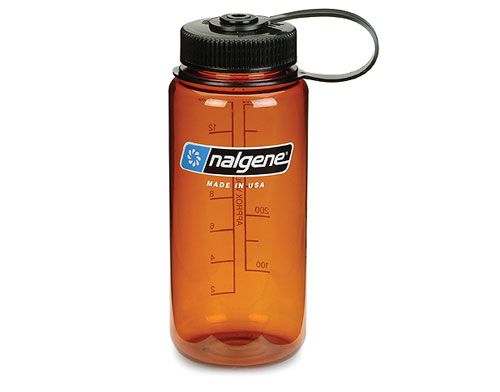
Vagabondish is reader-supported. When you buy through links on our site, we may earn a small affiliate commission. Read our disclosure.
Nalgene water bottles have found a place in every rucksack, and have millions of confirmed backpacking fans. But now, new research by a Canadian outdoor gear company Mountain Equipment Co op, have suggested that Lexan, the plastic material that Nalgene bottles are made of is possibly toxic, and worse, these toxins could permeate everything that is contained in these bottles.
Lexan is a brand name for bisphenol A brand name plastic known to contain bisphenol A – a chemical that the study says possibly disperses toxins into the contents of the bottle. Many of these toxins have been found connected to diseases like cancer, and conditions like (yikes) low sperm count.
In fact, a study conducted by the Canadian group Environmental Defense found that every Canadian has at least some levels of bisphenol A in his blood. The offending bottles have been yanked off store shelves, until further studies confirm these findings.

